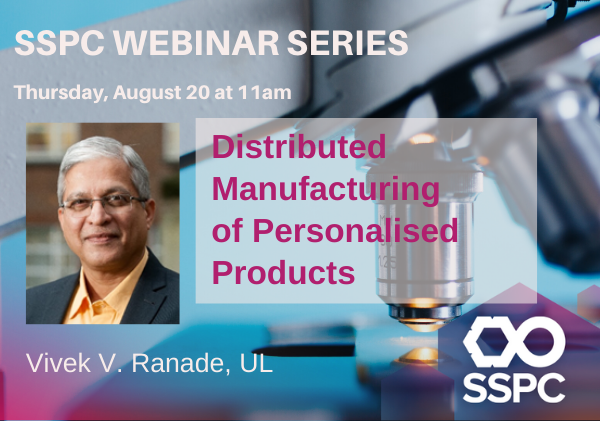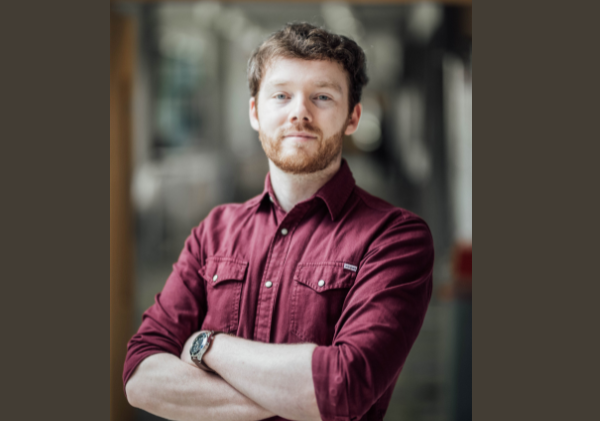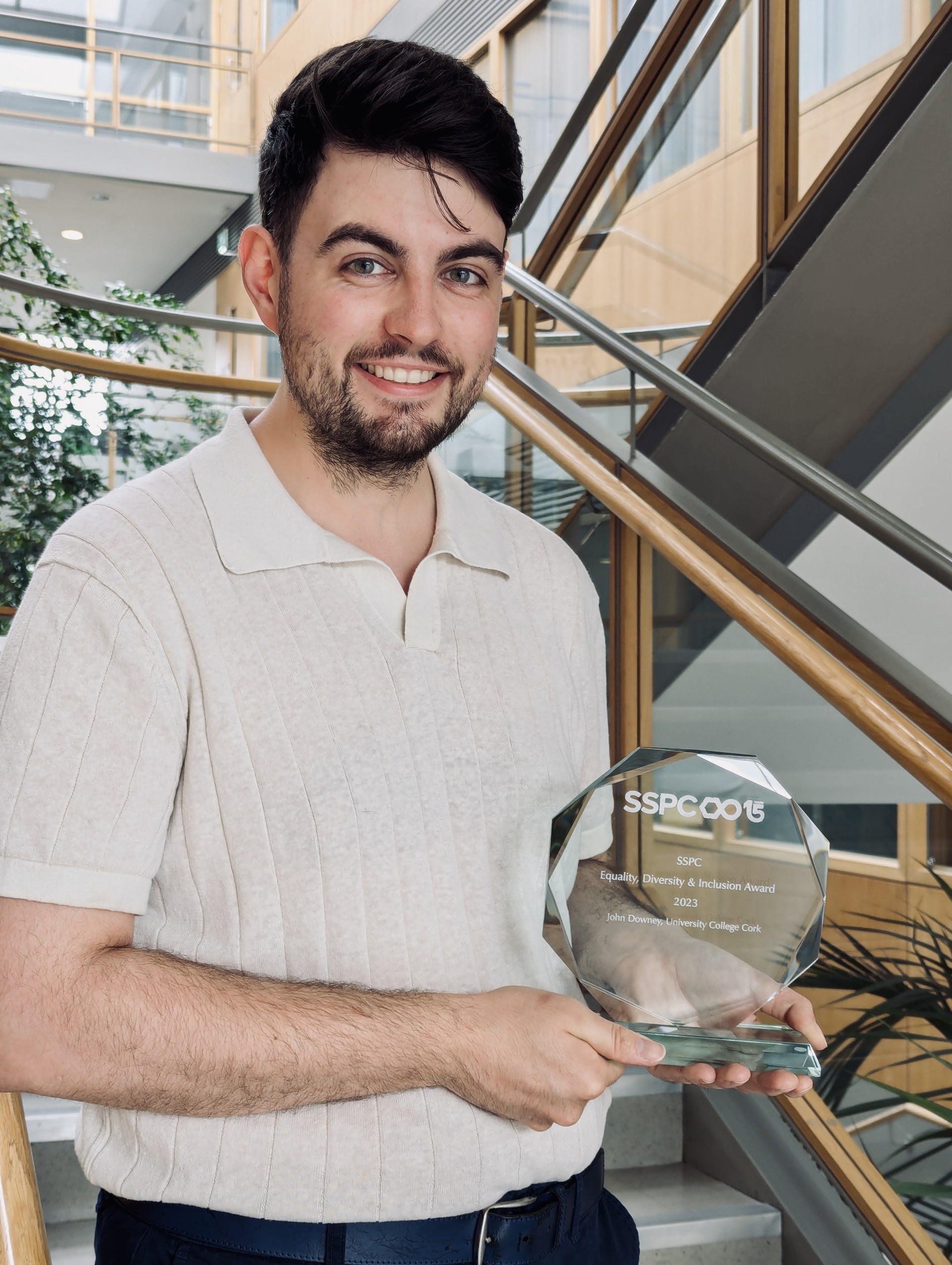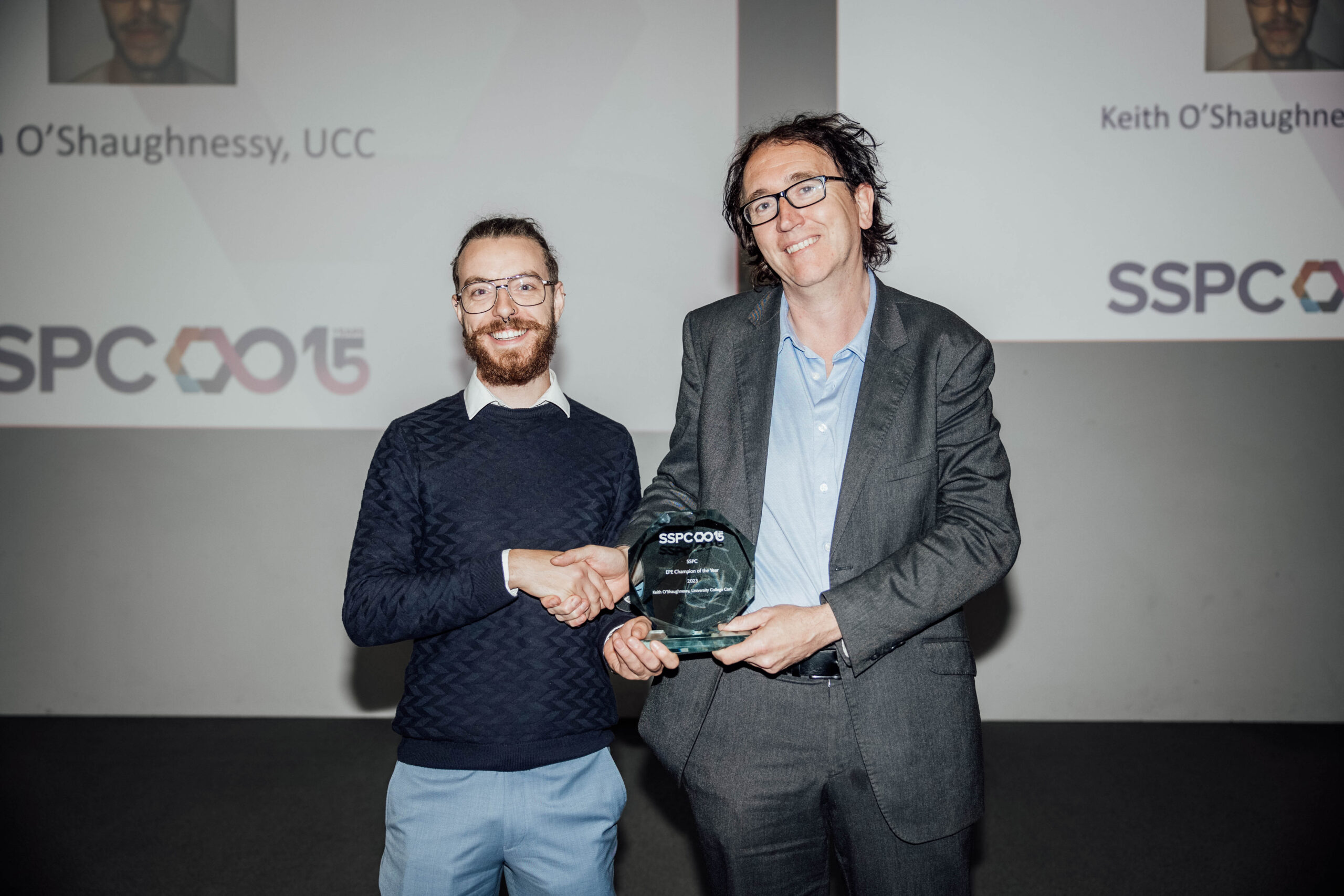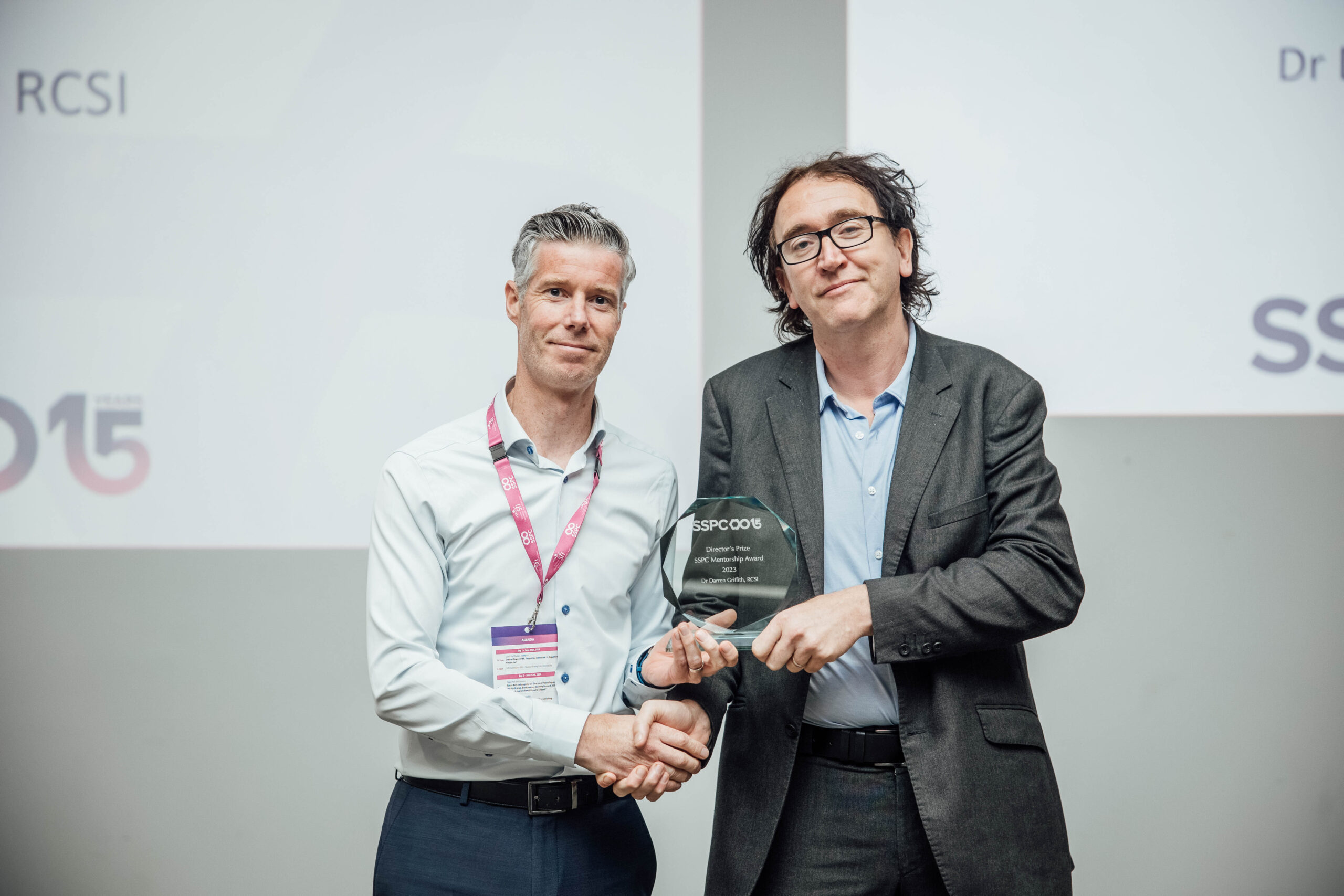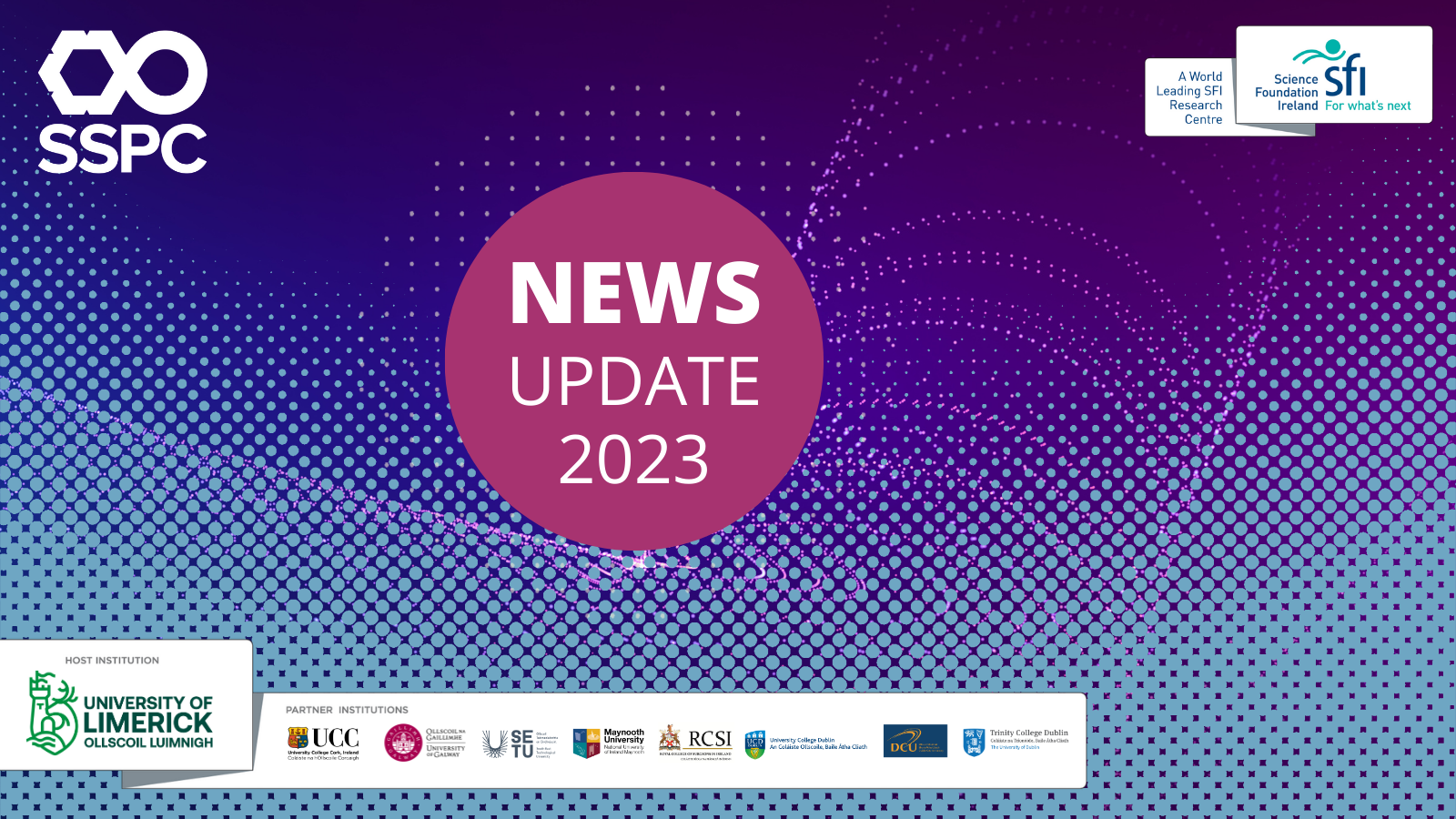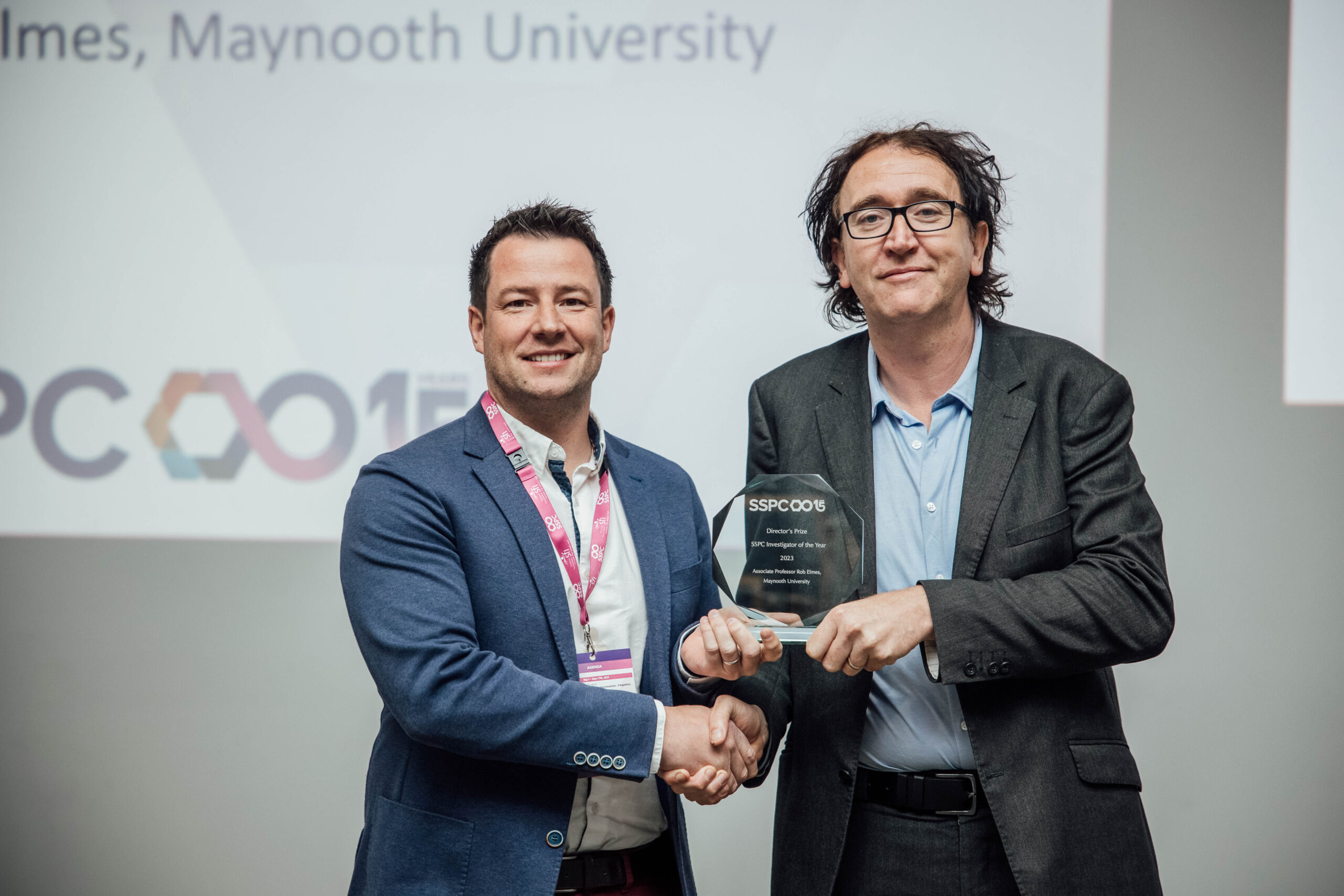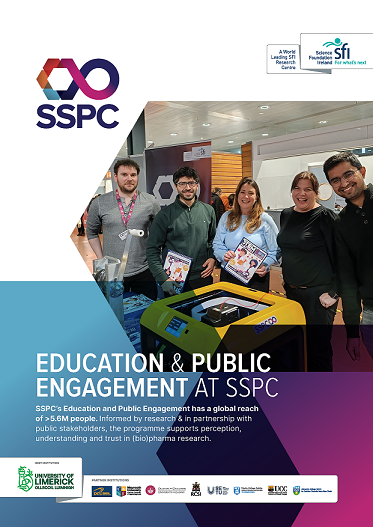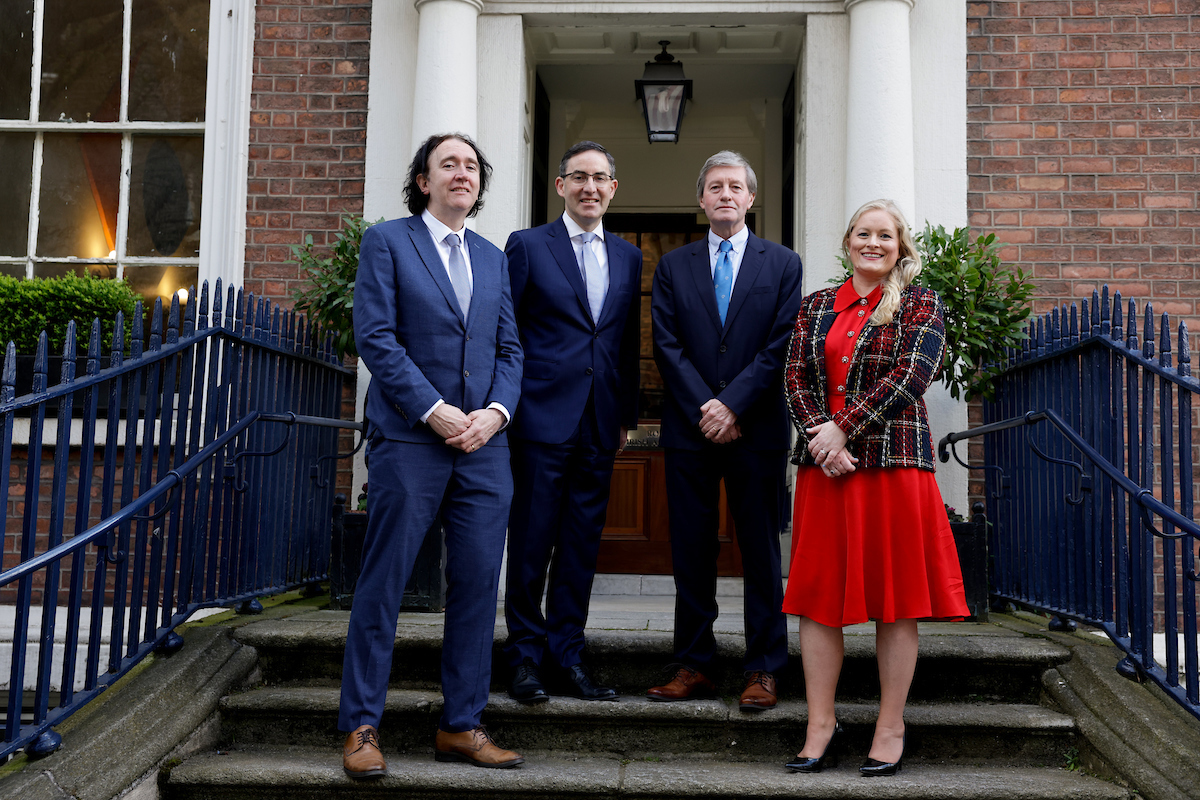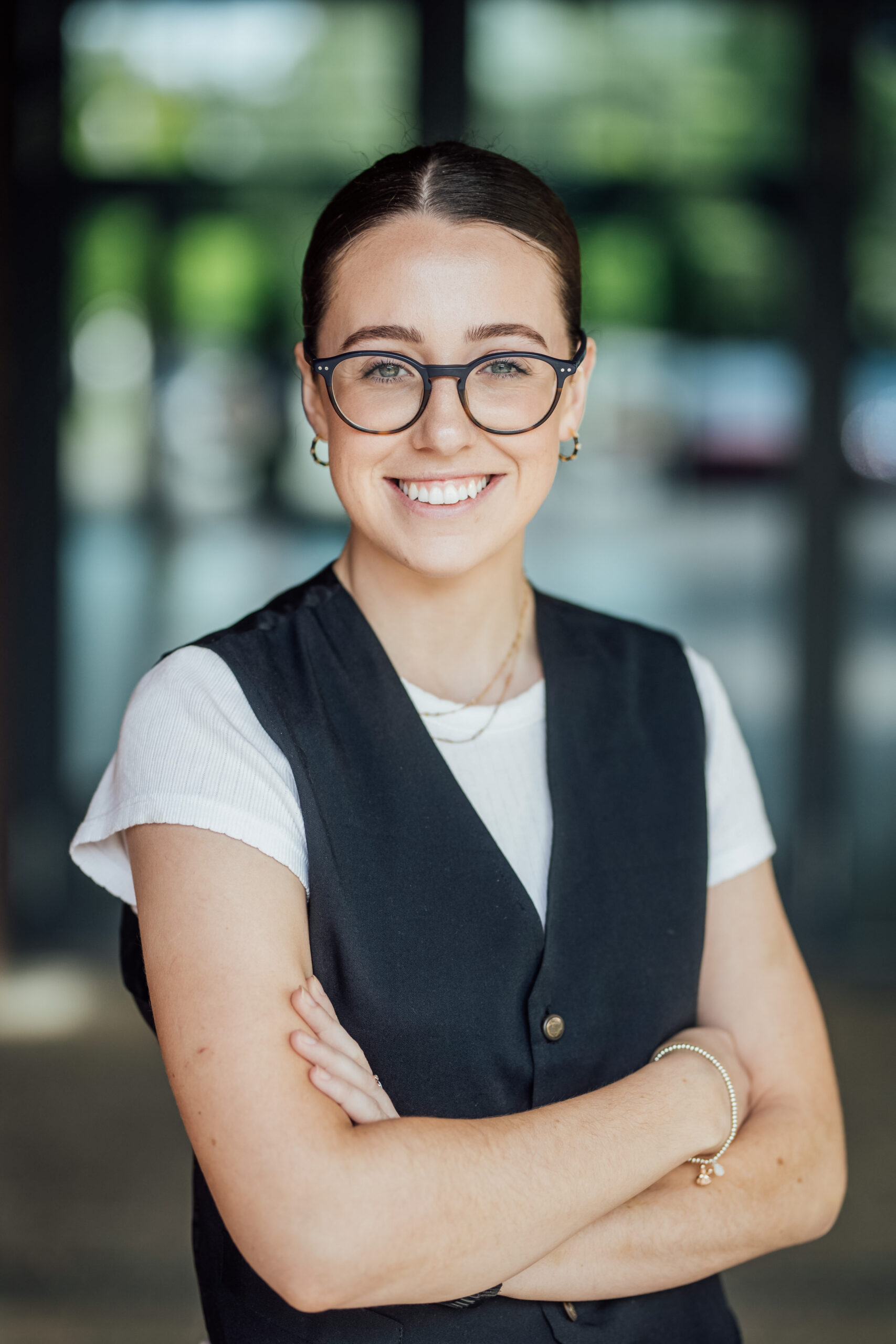Upcoming webinar on Thursday, August 20 at 11am with SSPC Funded Investigator Vivek V. Ranade, Bernal Chair Professor of Process Engineering at Bernal Institute, University of Limerick, Ireland and a Professor of Chemical Engineering at the School of Chemistry and Chemical Engineering of Queen’s University Belfast.
His research focus is on sustainable energy, water and chemicals. He uses computational flow modelling, fluidic devices and MAGIC (modular, agile, intensified & continuous) processes to achieve this. Earlier led chemical engineering research at CSIR – National Chemical Laboratory, Pune, India. Contributed significantly to chemical engineering science and practice. Developed performance enhancement solutions, software products and fluidic devices for variety of applications which are commercialized. Developed new insights and methodologies for process intensification. Published more than 150 papers and 6 books (h index=51: from Google Scholar). Co-inventor of more than 20 patents. Co-founded two technology companies: Tridiagonal Solutions (www.tridiagonal.com) and VIVIRA Process Technologies (www.vivira.in). More information may be found at:
https://en.wikipedia.org/wiki/Vivek_Ranade; https://bernalinstitute.com/our_people/vivek-ranade/.
Webinar background:
Personalised and customisable products are gaining significant attention because of several technological, social and cultural drivers. This trend towards personalisation has the potential to transform many sectors across the globe because it moves away from the “one-size-fits-all” model. Current bulk manufacturing technologies are unable to meet most of these demands as they are slow in responding to changes, capital intensive, use unsustainable methods and are not flexible to meet personalisation needs. The small-scale, localised, high-speed and automated manufacturing platforms are urgently needed to realise personalised medicine and products. Such distributed manufacturing should be (i) able to manufacture on-demand, (ii) flexible to deliver multiple products with desired properties, (iii) sustainable (efficient and using mild conditions) and (iv) able to integrate various units using data science tools. The distributed manufacturing with a ‘factory in a box’ approach will indeed be transformational for many sectors, particularly pharmaceuticals & healthcare, food & nutrition and cosmetics & fragrances sectors. Development of MAGIC (modular, agile, intensified and continuous) fluidic devices, ability of tailoring their performance by using adaptable internals and multi-layer computational models based on synergy of phenomenological and machine learning approaches are needed for realising such a ‘factory in a box’ platform for truly distributed manufacturing of personalised products. In this talk, some of the promising fluidic device platforms being developed in our group will be discussed. Besides presenting their key characteristics and established applications, three new applications namely compact synthesis of bio-inspired porous silica (for drug delivery), room temperature hydrogenation of carboxylic acids (for green synthesis) and making liquid – liquid emulsions on demand (for nutrition and personal care applications) will be touched upon. Some of the challenges in realising the goal of ‘factory in a box’ will be discussed before sharing some thoughts on path forward. I hope that the talk stimulate further research on this promising area and will open up new application horizons.

